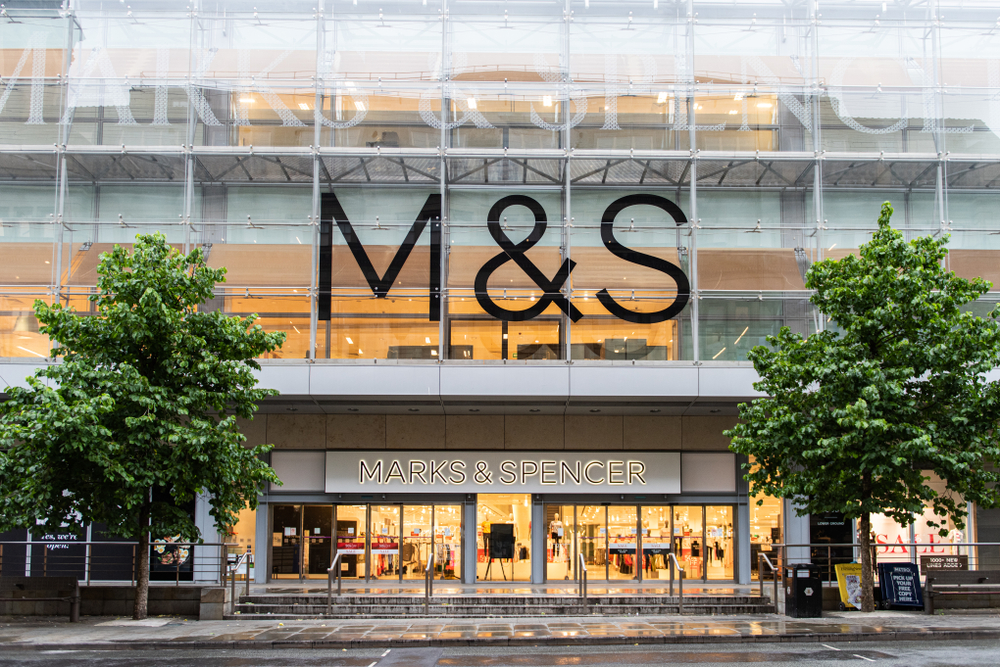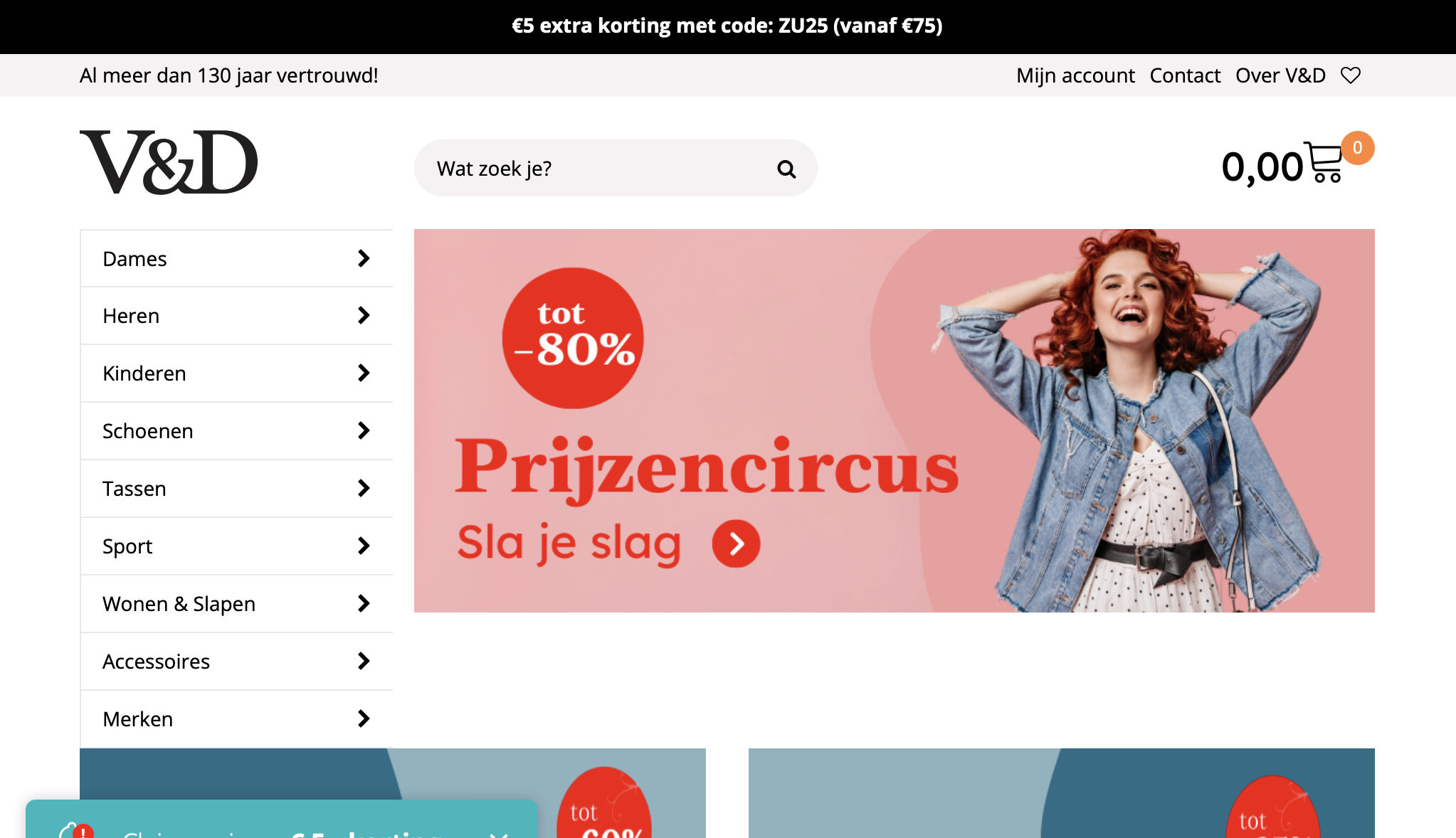Retailers should be embracing the electric delivery van faster, according to the founder of ASOS’s zero carbon delivery partner Gnewt Cargo.
Things are set to change, Sam Clarke, now head of business development, tells eDelivery, as pressure from public opinion and regulation will soon force retailers and carriers to act. The company has the largest all-electric fleet in London, comprising around 70 vehicles with over 10 million items delivered.
“I wouldn’t say they are embracing [electric vans]. Certainly the overall sentiment, with the Extinction Rebellion (whose protest recently took place in London) and the introduction of the ultra-low emissions zone at the beginning of April.”
Clarke’s claim is backed up by stats on consumer preferences, at least as reported by the consumers themselves. According to MetaPack’s State of eCommerce Delivery report, 77% of consumers are conscious of or care deeply about the environment when thinking about how to receive their deliveries.
Clarke says that the success of electric car company Tesla has raised the profile of the technology amongst the general public. He highlights how the manufacturer has recently expanded its range from executive high-end models to the more mid-range Model 3, soon to arrive in the UK.
So why is the sector slow on this? The sector is hamstrung by legacy, he says, adding that electric vehicles requires a “seismic shift”.
“The traditional delivery model is large depots out of town with subcontracted drivers using their own vehicles on behalf of the carrier.
“It’s a different model to convert to electric. Large vehicles are very expensive and range is reasonably limited. Drivers have to travel to a depot and load up and to do all that on an electric vehicle is a challenge.
“The legacy of existing infrastructure is not immediately transferable without quite a bit of cost.”
One retailer that has taken the plunge is online fashion giant ASOS. The retailer picks and packs parcels in Barnsley and moves this to Gnewt facilities in the outskirts of east London, where they are sorted before being loaded onto the electric fleet.
One of the key innovations in the partnership is that consumers are notified that the parcel has been delivered through an electric van. In the future Clarke hopes that electric van will be visible on the checkout page.
The electric van is one of several technologies which is posited as an alternative to current diesel and petrol vehicles, alongside bikes and, more rarely, hydrogen-powered vehicles. Sainsbury’s online operations development manager Max Conrad recently highlighted how the company was examining a range of options but believed there was no one-size-fits-all.
Clarke has a similar view of a “multi-modal” delivery world but contends that the electric van will be “the king in the last mile”. This is because it is “small enough to be manoeuvrable but big enough to provide adequate freight.”
“The challenge with cargo bikes is you can’t carry very much not safely only so much you can carry. While you can slip through traffic if there’s too many because you can’t carry enough then it’s not economical.”
He concedes that the electric van has a limited range and still contributes to congestion.
The solution to these limitations, claims Clarke, is not necessarily to do with a specific technology – the battery yield is the only part of the electric vehicle that is advancing, he says, rather than the fundamental design – but a change in how delivery providers cooperate.
Clarke says some middle ground between market consolidation and a fully fragmented market is likely.
“Realistically no one company is going to win everyone’s business in urban areas. A fully fragmented market won’t work either – there is not enough road space for everybody: something has to give.”
As a final pitch to retailers, Clarke says: “Your target audience respects the environment and wants to know orders are being dealt with in an environmentally responsible way. Companies that can offer that experience in an ecommerce world have a means by which to sell more. It is important to people that it’s an environmentally-conscious approach.”
Whether these benefits will be enough to convince retailers to take on the cost and challenge of overhauling their delivery models is another question. As Clarke admits, regulatory pressure may be what forces their hand.








